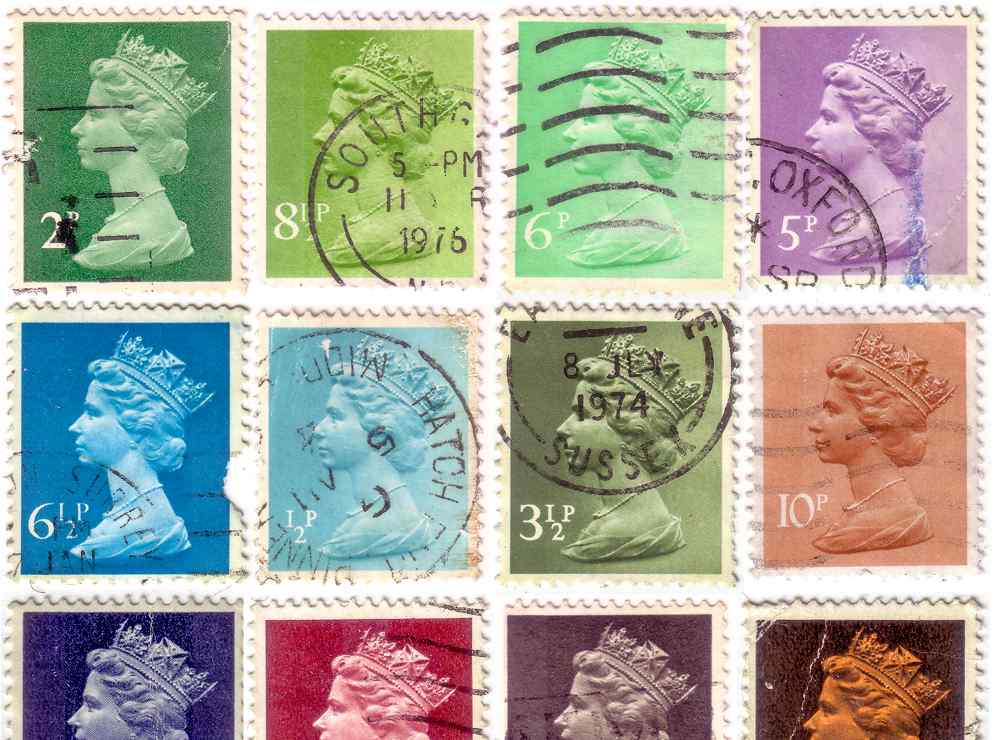
Navigating the complexities of VAT on stamps, postage, and delivery charges is not easy in today's interconnected world. From understanding the exemptions and thresholds to complying with cross-border regulations, businesses and consumers alike need to be aware of their VAT obligations, and that's easier said than done.
This blog will outline the most important factors to be considered. If you have a VAT query that is not answered in our blog, why not send our VAT consultancy team a message?
VAT on stamps
Unused stamps are exempt from VAT whether purchased from the post office or a retailer. To be exempt from VAT the stamps must be sold at face value or less and be valid to be used for postage.
If first or second-class stamps supplied by the Royal Mail are sold by a retailer for more than the face value, VAT at the standard rate is chargeable on the amount the stamps exceed the face value.
Second-hand stamps are subject to VAT at the standard rate although may be sold under the second-hand margin scheme in which case the buyer will be unaware that VAT has been charged. The seller will only account for VAT on their profit margin.
VAT on postage
If stamps are purchased to use to deliver goods to customers and the cost of the stamps and any associated delivery charges is passed on to the customer, VAT is chargeable on the whole delivery charge (see below) including the cost of the stamps.
Charges made by the Royal Mail Group Limited for postage are exempt from VAT under its remit as the universal postal service and subject to price and regulatory control. Postal services provided by the Royal Mail are not exempt when the same or similar services are provided by both the Royal Mail and other suppliers. For example, Royal Mail “Same-day”.
VAT on delivery charges
The VAT treatment of delivery charges depends on the circumstances in which the goods are supplied.
If delivery is free or the selling price includes delivery, VAT is accounted for on the full selling price based on the VAT treatment of the goods being sold. This is the case whether or not delivery is required under the terms of the contract.
Where there is a separate delivery charge and, under the terms of the contract, the goods must be delivered to a place specified by the customer, there is a single supply of delivered goods.
Delivery charges for delivered goods are subject to VAT at the standard rate if standard-rated goods are being delivered. If zero-rated goods, for example, books are being delivered, the delivery charge is also zero-rated. It does not make a difference if the delivery charge is itemised on the invoice or even invoiced separately.
If delivery is not required under the contract or someone else’s goods are being delivered, the delivery charge is not part of the supply of goods. It is a supply in its own right.
The delivery charge is not affected by the liability of the goods being delivered and is always standard-rated even if the goods are zero-rated.

Lynne Gill
My area of expertise is land and property transactions but I have extensive knowledge of both domestic and international VAT and I love complex VAT queries. I have an Honours degree in Business Studies and a VAT legal and technical qualification from the Institute of Indirect Taxation.
View my articlesTags: VAT
